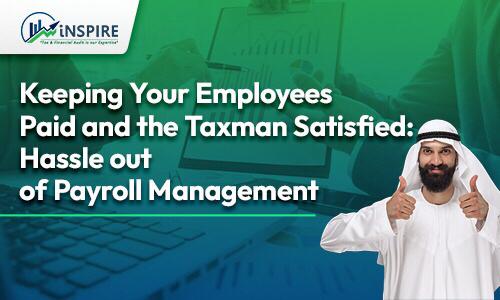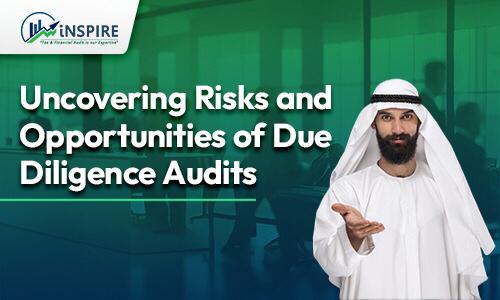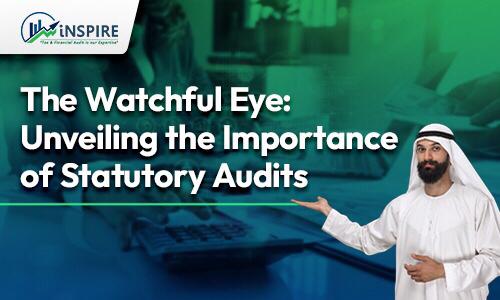
Role of External Auditors in UAE
Explore the pivotal Role of External Auditors in the UAE, ensuring financial transparency, regulatory compliance, and ethical business practices.
In the dynamic business landscape of the United Arab Emirates (UAE), external auditors play a crucial role in ensuring financial transparency, accountability, and adherence to regulatory standards. The role of external auditors goes beyond mere compliance; it serves as a cornerstone for maintaining trust in the financial systems, protecting investors, and fostering a healthy business environment. This article explores the significance and responsibilities of external auditors in the UAE.
Role of External Auditors in UAE
Legal Framework and Regulatory Environment
The UAE has established a robust legal framework and regulatory environment to govern the auditing profession. The UAE Federal Law No. 2 of 2015 concerning Commercial Companies and its amendments set the foundation for auditing requirements. Additionally, the UAE Securities and Commodities Authority (SCA) and the UAE Central Bank play pivotal roles in regulating specific sectors and financial institutions.
Independence and Objectivity
One of the fundamental principles governing external auditors in the UAE is independence. Auditors are expected to remain impartial and free from any conflicts of interest that might compromise their objectivity. This ensures that audit reports provide a true and fair view of a company's financial position, allowing stakeholders to make informed decisions.
Financial Reporting Compliance
External auditors in the UAE are responsible for examining financial statements to ensure compliance with International Financial Reporting Standards (IFRS) or other applicable accounting standards. This process involves a comprehensive review of a company's financial records, including balance sheets, income statements, and cash flow statements.
Risk Assessment and Internal Controls
Auditors assess the internal controls of an organization to identify and mitigate risks. This includes evaluating the effectiveness of internal processes, systems, and risk management strategies. By doing so, auditors help companies strengthen their internal control frameworks, reducing the likelihood of financial mismanagement or fraud.
Fraud Detection and Prevention
Detecting and preventing fraud is a critical aspect of an auditor's role. The UAE business environment values integrity, and auditors are expected to employ advanced audit techniques to identify irregularities or fraudulent activities. This serves as a deterrent and promotes a culture of transparency and ethical business practices.
Corporate Governance
External auditors contribute to the enhancement of corporate governance practices within UAE companies. By evaluating the effectiveness of governance structures and mechanisms, auditors assist in promoting accountability, fairness, and responsibility at all levels of an organization.
Communication with Stakeholders
Clear and transparent communication is vital in the audit process. External auditors in the UAE are expected to communicate their findings to stakeholders, including shareholders, management, and regulatory authorities. This communication fosters trust and confidence in financial reporting.
Continuous Professional Development
The auditing profession is dynamic, and auditors in the UAE are required to engage in continuous professional development to stay abreast of evolving accounting standards, technologies, and business practices. This commitment to ongoing learning ensures that auditors are well-equipped to address emerging challenges in the auditing landscape.
Conclusion
The role of external auditors in the UAE is multifaceted, encompassing legal compliance, financial reporting, risk assessment, fraud prevention, and corporate governance. As the UAE continues to position itself as a global business hub, the contributions of external auditors are indispensable in maintaining the integrity and reliability of financial information. Their vigilance not only protects the interests of stakeholders but also contributes to the overall stability and sustainability of the UAE's economic ecosystem.











